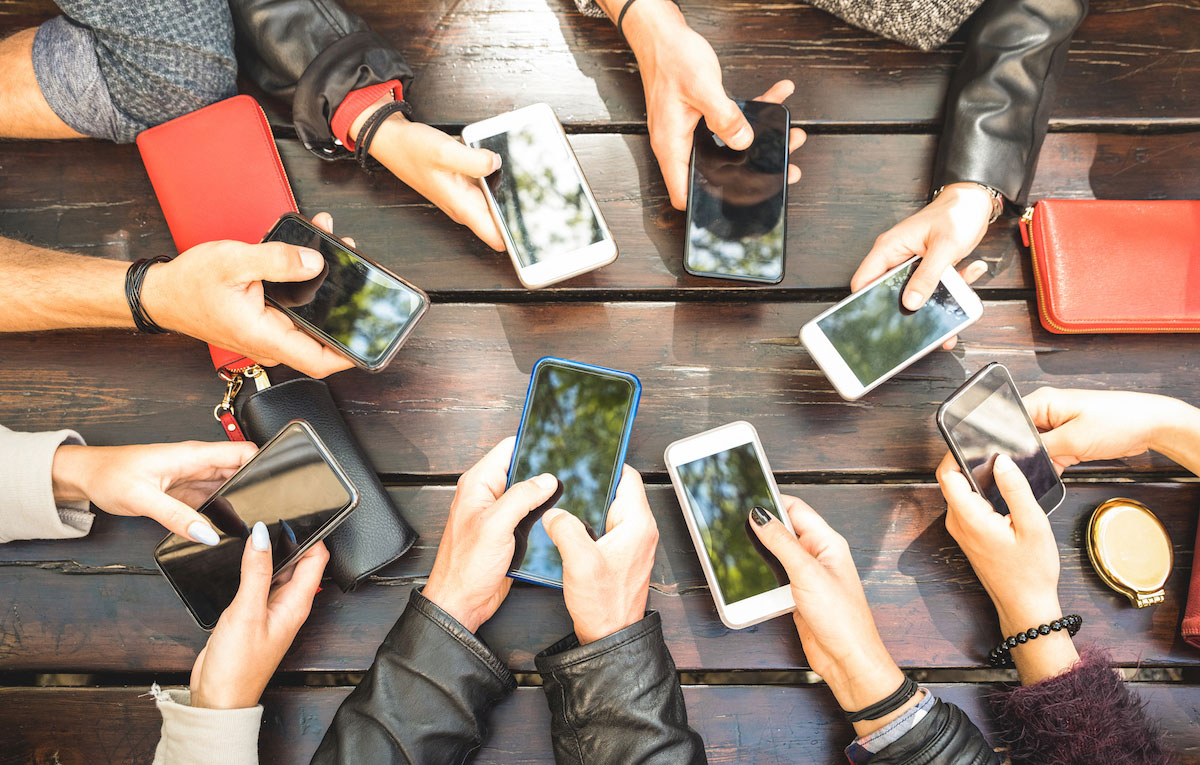<< Back
Why Are Millennials Less Healthy Than Gen Xers?

July 01, 2019
So often, people say “it’s an age thing,” but in the case of millennials, poor health may be directly related to their age, and their regular use of social media and electronic devices.
According to a 2019 report issued as part of the Blue Cross Blue Shield (BCBS) Association “Health of America” research report series, millennials are less healthy than people in the generation right before them, Gen Xers. Relying on data collected in 2017, when millennials were 21 to 36 years old, those 34 to 36 were more prone to nearly all of the top 10 health conditions in the United States than Gen Xers, the generation born between 1965 and 1980, when they were in the same age range.
The top 10 health conditions, in order of prevalence among millennials per the BCBS study, are:
- Major depression
- Hyperactivity
- Other endocrine conditions
- Hypertension
- Psychotic conditions
- Type II diabetes
- Substance use disorder
- Crohn’s disease/ulcerative colitis
- Tobacco use disorder
- Alcohol use disorder
Millennial Doctor: Why Millennials Need a Primary Care Physician: Click here.
“All of these conditions can have a great, and grave, impact on one’s health,” said Dr. Laura Saunders, clinical coordinator of the LGBTQ specialty track in Young Adult Services at the Institute of Living. “In addition, the study noted that the impact of these different conditions is starting as early as late 20s which can have a cumulative effect as the people get older.”
The study indicated a correlation between the economy and behavioral health issues, particularly depression, which Dr. Saunders said is the factor she finds most apparent in her practice.
“We know the economic times have an impact on health and access to healthcare,” she said. “Millennials face slightly less stigma, too, when it comes to mental health conditions. When we can lower the stigma, we can see greater access to treatment.”
She also said increases in things like substance abuse and tobacco use, as noted in the study, naturally triggers other physical health concerns, which can then have an impact on one’s mental health.
But the most glaring factor for millennials, as Dr. Saunders and the research concurred, is their increased use of social media.
“I absolutely see social media causing people to have increased depression and anxiety all the time,” she noted. “The millennials are more likely to use social media, which leads to social isolation, emotional disconnection, depression and anxiety. It then becomes something of a cycle.”
Social media, in addition to being isolating, often gives users an unrealistic impression of the lives of other people.
“They begin to make comparisons: ‘Their life is better than mine, so I have a right to be depressed,’” Dr. Saunders said of many millennials.
She suggested people can help ward off depression and anxiety by putting down their devices and finding more ways to connect socially.
“The opposite of depression is not happiness, it’s social interaction and connection, which allow you to build resilience,” she said.
The addictive nature of social media use can cause lifelong physical and emotional concerns. The problems may start early, as the study indicated, but Dr. Saunders said the effects simply compound over time.
Besides turning off electronics, she suggested people improve their mood by:
- Managing the sleep wake cycle. This involves more than just getting the recommended number of hours of sleep, but focusing on being awake during the day and sleeping at night.
- Getting outside physically and being active.
- Getting outside of themselves by interacting with others.
“People should be making at least one social connection each day, whether it’s interacting with a store clerk or exchanging greetings with someone while taking a walk,” Dr. Saunders said.
For more information on services young adults at Hartford HealthCare’s Institute of Living, click here.